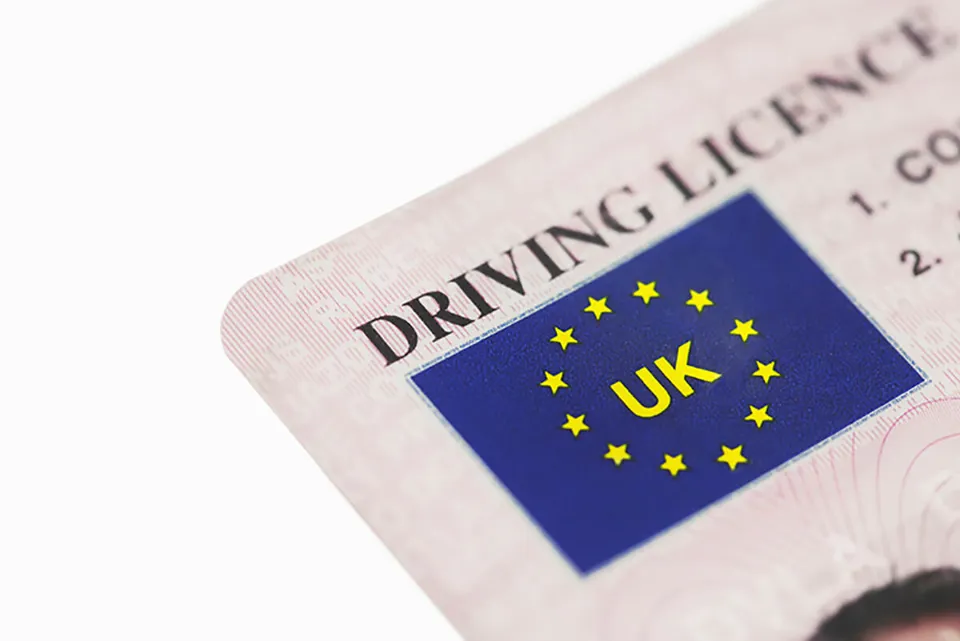Local authorities are increasing looking at paperless methods of enforcing their fleet policies as they aim to reduce the amount of resource devoted to administration, reports Chevin Fleet Solutions.
These organisations often place an extremely high level of importance on compliance but current paper-based processes are often slow, labour-intensive, costly and difficult to audit, said sales director David Gladding.
“There is genuine drive to move away from paper and the main solution we are seeing is mobile technology, which provides simple, paperless data capture,” he explained.
“Using fleet software on a mobile device – generally any Android or Apple phone - means that you have an auditable method of ensuring, for example, that only eligible drivers are getting behind the wheel of certain of vehicles, or that an employee using their own car on business can provide full and current licence and insurance details.
“Within corporate cultures that see compliance as their number one priority, using the technology in this way has obvious appeal.”
Other common processes where mobile technology was regularly being used included mileage claims, expenses and driver inspections - but one of the key attractions was the inherent flexibility available, Gladding added.
“It is relatively easy to make a mobile interface such as our FleetWave Mobile do exactly what you need, so if you have a fleet with a very diverse range of plant and vehicles, as are found at many local authorities, you would be able to fully implement a daily vehicle inspection regime that covered every class of vehicle you operate,2 he said.
“Also, at a time when austerity is a watchword within the public sector, this kind of technology can be implemented in a very cost effective way using smartphones and tablets that are already in use and belong to either the individual or the organisation.”
He concluded: “It has taken a little time for the market to fully understand the potential that a product like this offers but we are seeing more and more interest in using it to carry out all kinds of fleet processes. Local authorities are just part of the story.”

















Login to comment
Comments
No comments have been made yet.